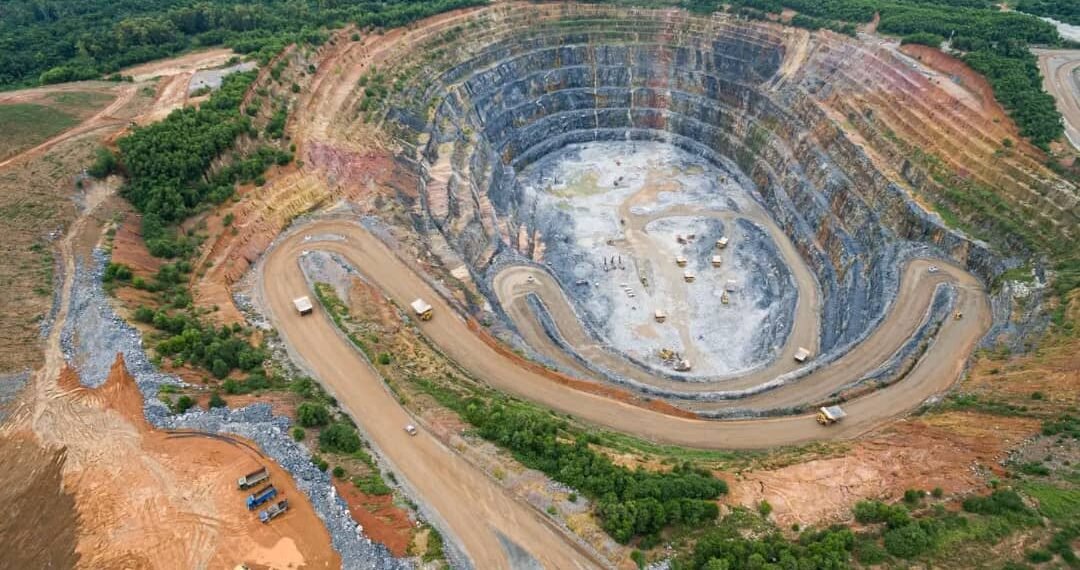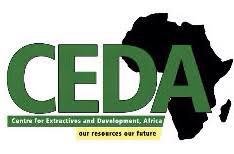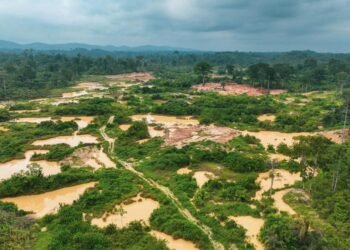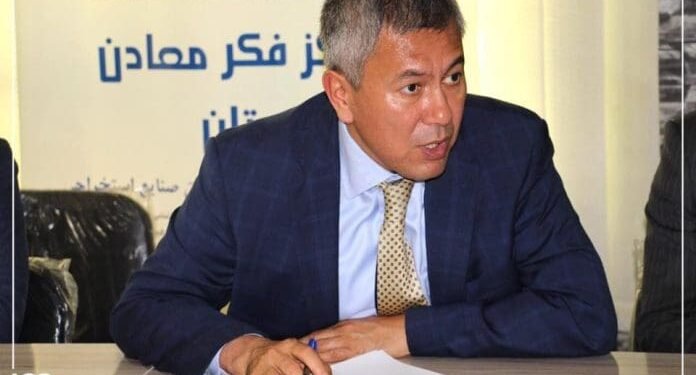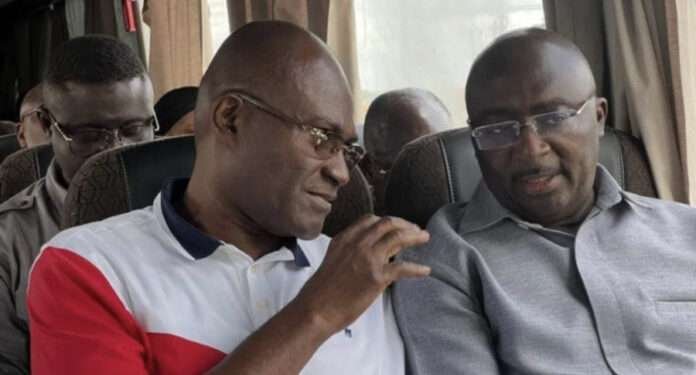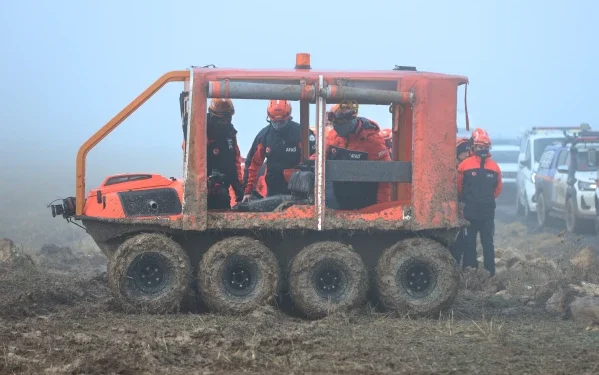The Ghana Chamber of Mines has begun an initiative to establish a standardised framework for land access and acquisition in the country’s mining sector, aimed at resolving long-standing disputes between mining companies and host communities.
The new framework seeks to streamline negotiations, promote transparency, and foster greater collaboration among stakeholders while ensuring that mining continues to serve as a catalyst for national and local development.
Speaking at a stakeholder engagement session, Chief Operating Officer (COO) of the Chamber, Mr. Ahmed Natongmah, explained that the Chamber had initiated wide-ranging consultations with government agencies, traditional authorities, and mining companies to develop a more coherent and equitable approach to land use in mining operations.
“Mining takes a lot of land, and that land belongs to people. We realised that challenges and delays in negotiating properly often drag the land acquisition and compensation processes.
“So, we thought it necessary to develop a framework that makes land acquisition simpler and more transparent for all parties.”
Mr. Ahmed Natongmah, Chief Operating Officer (COO) of the Chamber
Addressing Persistent Land Disputes
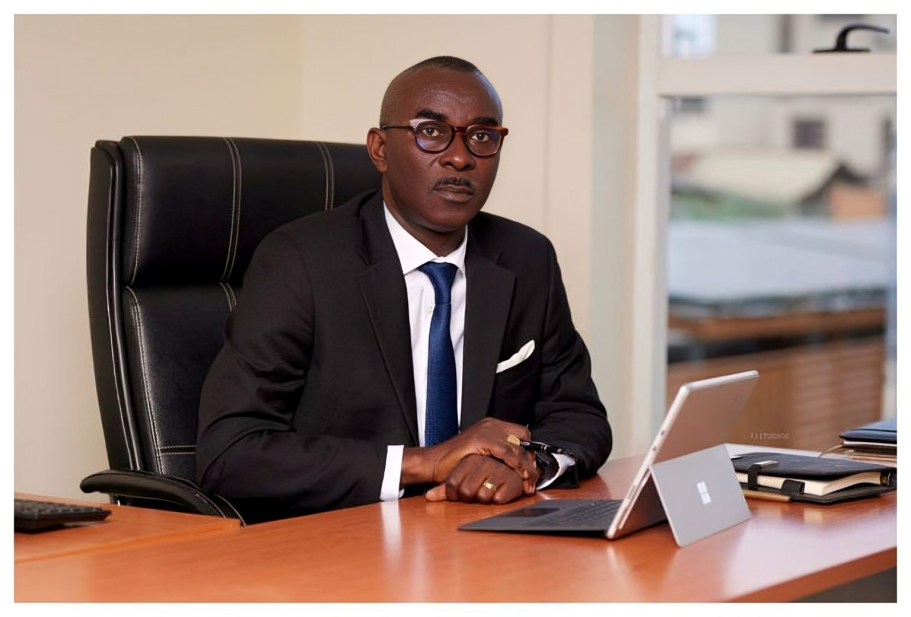
The Chamber’s initiative follows years of recurring tensions between mining firms and local communities over compensation, land valuation, and access rights.
Many of these disputes have led to project delays, litigation, and mistrust between investors and residents in mining regions such as Tarkwa, Obuasi, and Bibiani.
According to Mr. Natongmah, the absence of a consistent, nationwide approach has allowed subjective and speculative practices to dominate the land acquisition process, often to the detriment of both communities and mining companies.
“When you have a standardised framework that everybody understands, it helps make mining continue to be a catalyst for development.”
Mr. Ahmed Natongmah, Chief Operating Officer (COO) of the Chamber
The Chamber’s proposal envisions a comprehensive guideline that defines compensation benchmarks, valuation procedures, and consultation protocols, ensuring that affected communities are fairly treated while investors can make decisions based on transparent and predictable criteria.
“We can’t set standards that government or other land users cannot afford.
“The goal is to create a guide, not a rigid rule that reflects the realities of different communities and land use types.”
Mr. Ahmed Natongmah, Chief Operating Officer (COO) of the Chamber
He added that the Chamber’s ongoing dialogue with the Lands Commission, the Minerals Commission, and the Environmental Protection Agency (EPA) would help refine the proposal into a practical instrument for policy and industry use.
Strengthening Community Relations
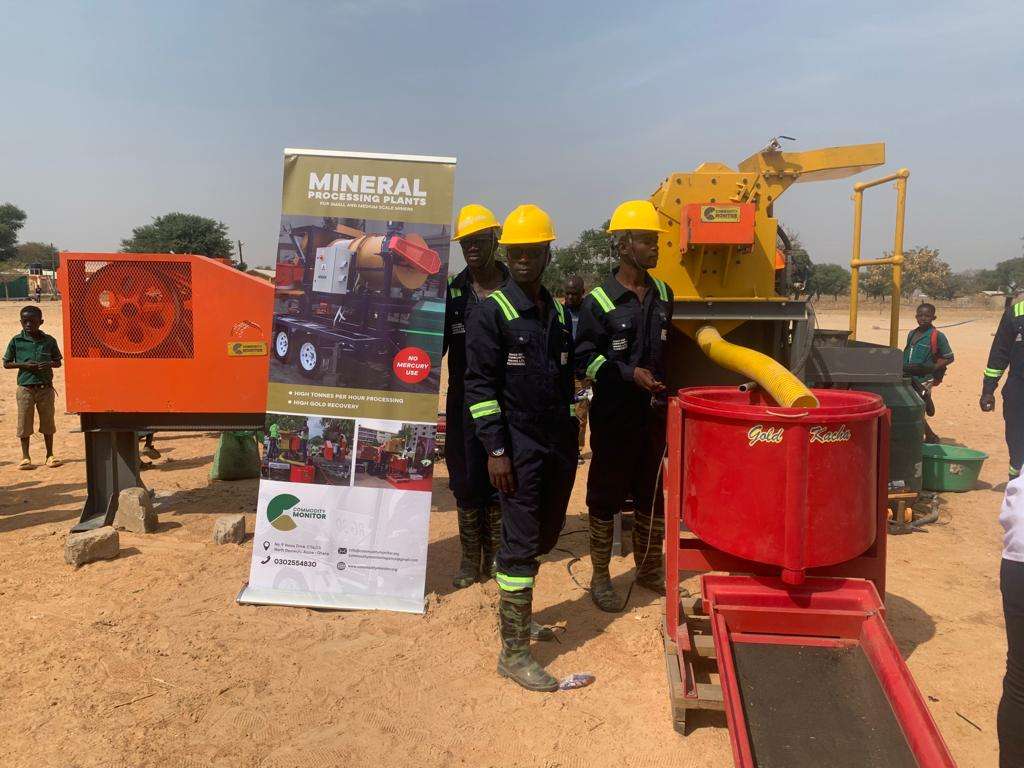
The Chamber’s effort to standardise land access is also seen as a step toward improving the social license to operate for mining companies.
In recent years, several large-scale mining projects have faced protests and blockades over alleged unfair treatment of local communities and inadequate compensation.
Mr. Natongmah expressed optimism that a collaborative and transparent approach would improve relations between investors and host communities, helping the industry deliver greater value to the national economy.
“When landowners, communities, and investors all understand and agree on the process, it builds confidence.
“A clear and fair system reduces speculation, curbs conflicts, and ensures mutual benefit.”
Mr. Ahmed Natongmah, Chief Operating Officer (COO) of the Chamber

He added that by integrating such standards into Ghana’s broader mining governance framework, the country could attract more responsible investment while strengthening community participation in decision-making.
The Chamber’s proposal comes at a time when Ghana’s mining industry is evolving to meet the demands of modern sustainability standards.
As the sector continues to contribute significantly to GDP and export earnings, stakeholders are increasingly calling for equitable practices that balance economic growth with social inclusion.
The proposed land access framework will be presented to the Ministry of Lands and Natural Resources and the Parliamentary Select Committee on Mines and Energy for review and potential adoption as an industry standard.

